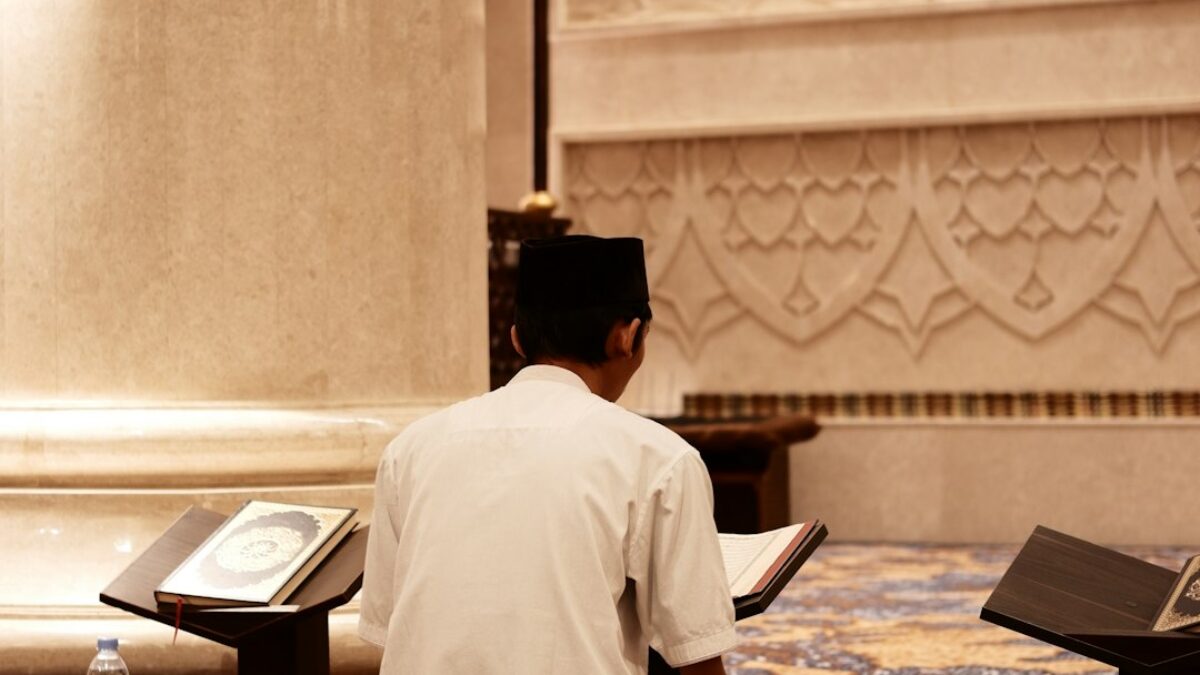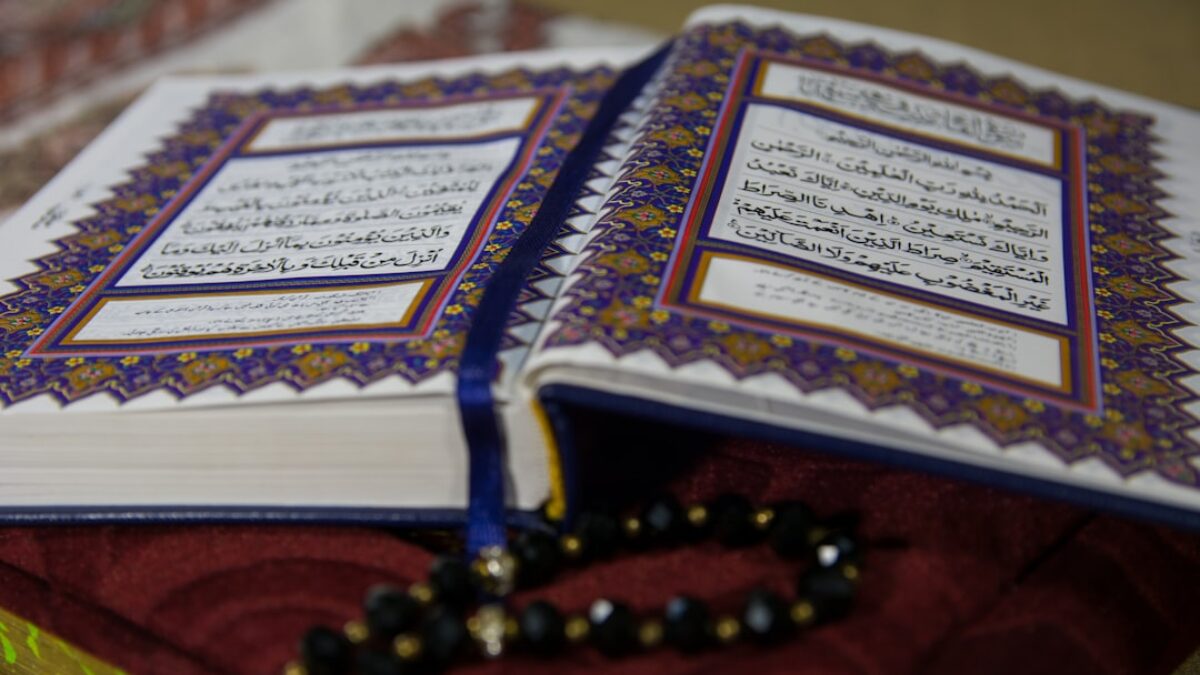Ramadan arrives like a gentle wave of mercy, carrying with it a unique fragrance of divine invitation. At the heart of this sacred month stands the Quran—the living word of Allah revealed in this very season. While every day offers an opportunity to connect with revelation, Ramadan amplifies the impact of each verse, transforming routine recitation into a profound act of spiritual renewal. For centuries, believers have discovered that engaging with the Quran during these thirty nights is not merely a devotional habit; it is a transformative journey that rewires the heart, clarifies the mind, and elevates the soul.
Whether you are a lifelong reader seeking deeper meaning or someone taking the first tentative steps toward regular recitation, the benefits awaiting you are both immediate and eternal. In the following exploration, we will uncover seven powerful benefits—each rooted in prophetic guidance, scholarly insight, and lived experience—that reveal why Ramadan and the Quran form an unmatched partnership for spiritual rebirth. Prepare to move beyond obligation and into the realm of intimate conversation with the Divine.
Understanding Quranic Engagement in Ramadan
When the Prophet Muhammad (peace be upon him) reviewed the Quran annually with the Angel Jibreel, he did so in Ramadan, underscoring this month’s unmatched capacity to absorb revelation. Quranic engagement is not limited to vocal recitation; it includes listening, memorizing, studying tafsir (exegesis), and—perhaps most importantly—living the message. During Ramadan, the normal barriers of heedlessness thin, making the heart more receptive to guidance.
Modern neuroscience echoes this wisdom. Studies on neuroplasticity indicate that heightened emotional states—such as those cultivated by fasting and nightly prayer—enhance memory consolidation and empathy circuits. By aligning biological receptivity with divine speech, Ramadan creates a neuro-spiritual synergy that accelerates moral and cognitive growth.
Key Components of Effective Quranic Reading in Ramadan
Before diving into the seven benefits, it helps to detail the three pillars of fruitful Quranic engagement: intention, method, and integration.
1. Intention: Turning Recitation into Worship
The Prophet said, “Actions are judged by intentions” (Bukhari & Muslim). Set a clear niyyah (intention) such as: seeking Allah’s pleasure, increasing taqwa (God-consciousness), and attaining intercession on the Day of Judgment. Write the intention and place it inside your mushaf or digital Quran app as a daily reminder.
2. Method: Quantity and Quality in Balance
- Quantity: Aim for a khatm (completion) at least once; advanced readers may target multiple completions.
- Quality: Allocate 10–15 minutes for slow tadabbur (contemplation) on select verses; use color-coded notes to mark reflections.
- Tajweed: Brush up on pronunciation rules via short daily drills—mispronunciation can alter meanings.
3. Integration: From Page to Life
After every session, ask three questions:
- What attribute of Allah did I encounter?
- What command or prohibition applies to me today?
- What dua can I derive from the verses?
Recording answers in a Ramadan Reflection Journal bridges the gap between theory and practice.
Benefits and Importance
The following seven benefits are rooted in Quranic verses, hadith, and centuries of scholarly consensus. Each benefit includes practical prompts to maximize your Ramadan experience.
1. Multiplied Rewards: The Ramadan Multiplier Effect
The Prophet stated, “Whoever recites a letter from the Book of Allah will receive a good deed, and each good deed is multiplied tenfold. I do not say that Alif-Lam-Meem is one letter; rather Alif is a letter, Lam is a letter, and Meem is a letter” (Tirmidhi). During Ramadan, scholars like Ibn Rajab note the multiplication increases further—some say up to 700 times—because fasting and nightly prayer open the gates of mercy.
Practical Tip: Track your daily letter count using a digital counter. Every 100 letters equal 70,000+ rewards during Ramadan. Place the counter widget on your phone’s home screen as a gentle nudge.
2. Spiritual Cleansing: Wiping the Slate of the Heart
Just as soap removes physical grime, Quranic recitation erases spiritual stains. Allah declares, “Indeed, it is We who sent down the Reminder, and indeed We will be its Guardian” (15:9). The dhikr (reminder) acts like a polishing cloth for the qalb (heart). Ramadan’s fasting curtails sinful inputs—backbiting, excess entertainment—creating a controlled environment where Quranic light can fully permeate.
- Case Example: A 2025 study from the University of Jordan found increased Quranic engagement correlated with reduced rumination and higher life satisfaction among fasting participants.
3. Enhanced Taqwa: Fortifying God-Consciousness
Taqwa is the core objective of fasting (2:183). Reciting verses about divine omnipresence—“He is with you wherever you are” (57:4)—reinforces the awareness that Allah sees every private thought. As taqwa deepens, temptations lose their grip and ethical decisions become instinctive.
Daily Exercise: After Fajr, recite verses 1–7 of Surah Al-Mu’minun, which outline the traits of successful believers. Throughout the day, whenever you sense a lapse, silently repeat the verses; they act as neuro-linguistic anchors steering behavior back to mindfulness.
4. Emotional Resilience: Quranic Therapy for the Soul
Ramadan can stir dormant emotions—grief over lost loved ones, anxiety about provision, guilt over past sins. The Quran offers divine therapy through stories of prophets who endured greater trials yet emerged victorious. Surah Yusuf, for instance, transforms personal betrayal into a narrative of ultimate triumph.
Practical Application: When feeling overwhelmed, recite verse 2:286—“Allah does not burden a soul beyond its capacity.” Write the verse on a sticky note and place it on your work desk or mirror as a visual affirmation.
5. Strengthened Kinship with the Divine Word
Regular recitation nurtures an intimate friendship with the Quran. Over time, verses surface spontaneously during daily life—guiding decisions, soothing worries, and answering unspoken questions. This phenomenon is described by scholars as tilawah al-hal (recitation that becomes a living state).
Weekly Goal: Choose a new sahabah-style companion verse each week. Memorize it, understand its tafsir, and aim to implement one derived action. By Eid, you will have internalized four powerful life-mantras.
6. Community Uplift: Becoming a Lighthouse for Others
The Prophet said, “The best of you are those who learn the Quran and teach it” (Bukhari). Ramadan study circles thrive on collective momentum. When one member increases recitation, it creates a positive feedback loop elevating the entire group.
Real-World Model: In Singapore, the “Quran 30” initiative encourages WhatsApp groups to share nightly reflections. Participants report 300% higher completion rates compared to solo efforts.
7. Preparation for Laylatul Qadr: The Night of Power Unlocked
Laylatul Qadr is better than a thousand months (97:3). Aisha (ra) asked the Prophet what to recite if she found the night. He replied, “Say: O Allah, You are the Most Pardoning, You love to pardon, so pardon me” (Tirmidhi). Consistent Quranic reading in the first twenty nights tunes the heart’s receptivity, making it more likely to recognize the subtle signs of the blessed night.
Preparation Checklist:
Complete at least one full khatm by the 20th night. Schedule 30-minute nightly tahajjud sessions focused on Surah Al-Qadr and Al-Baqarah 285–286. Place a “Qadr Dua Card” inside your prayer mat.
Practical Applications
Translating benefit into action requires step-by-step strategies. Below are three tailored roadmaps—Beginner, Intermediate, Advanced—that fit varying schedules and proficiency levels.
Beginner: Building the Habit in 10 Minutes a Day
- Set a Micro-Goal: Read ½ page after every obligatory prayer (≈10 min/day).
- Use Audio Aids: Play Mishary Al-Afasy’s recitation while commuting to internalize rhythm.
- Reflect Aloud: End each micro-session by verbalizing one takeaway, even if simple—“Allah is Ar-Rahman, I will show mercy to my coworkers today.”
Intermediate: Creating the 30-Day Khatm
| Phase | Daily Pages | Time Block | Support Tool |
|---|---|---|---|
| Days 1–10 (Juz 1–10) | 20 pages | After Fajr & Maghrib | Quran.com tracker |
| Days 11–20 (Juz 11–20) | 20 pages | Taraweeh break | Printed schedule on fridge |
| Days 21–30 (Juz 21–30) | 20 pages | Post-Isha quiet hour | Family recitation circle |
Advanced: Deep Tadabbur and Memorization Sprint
- Pre-Ramadan Setup: Finish reading Tafsir Ibn Kathir for Surahs Al-Kahf, Ya-Sin, and Ar-Rahman.
- Layered Recitation: First read for fluency, second for tafsir notes, third for memorization of key ayat.
- Teaching Component: Host a weekly 15-minute livestream explaining one thematic link between the nightly juz and Ramadan’s spirit.
Frequently Asked Questions
What is the minimum amount of Quran I should read to see benefits?
While more is meritorious, consistency outweighs volume. Even one verse per day, pondered sincerely, can spark transformation. The Prophet praised a man who recited short surahs repeatedly with presence of heart over another who raced through long passages absent-mindedly.
Can I rely solely on translation if I don’t know Arabic?
Translations open the doorway to understanding, but coupling them with Arabic recitation preserves the sacred phonetic energy. Use a parallel-text mushaf—Arabic on the right, translation on the left—to gradually absorb vocabulary. Over time, you’ll recognize root patterns and experience a richer emotional resonance.
How do mothers with young children maintain recitation schedules?
Embrace micro-engagements: listen to audio recitation while nursing, involve toddlers by letting them turn pages,
























Post Comment